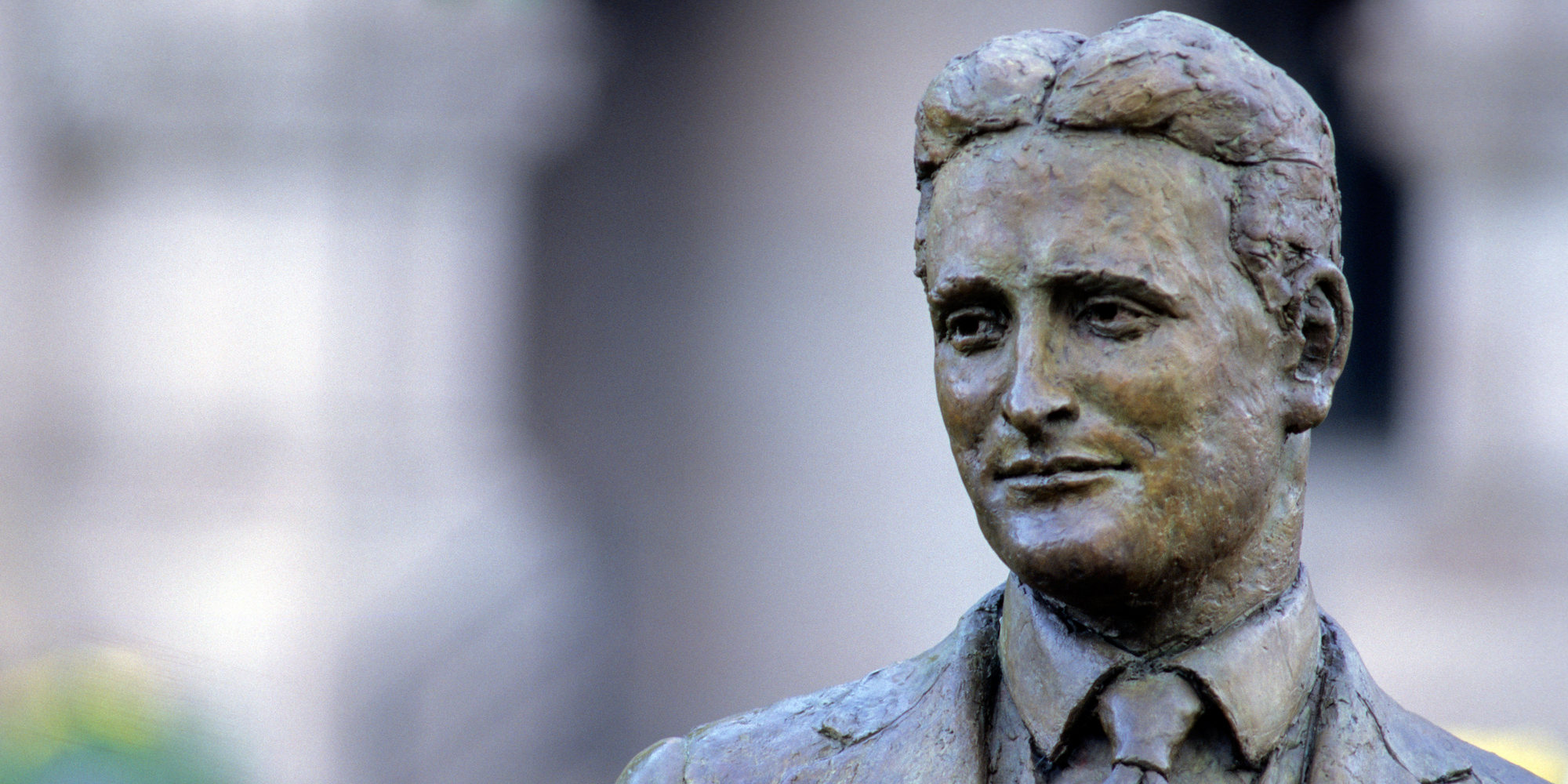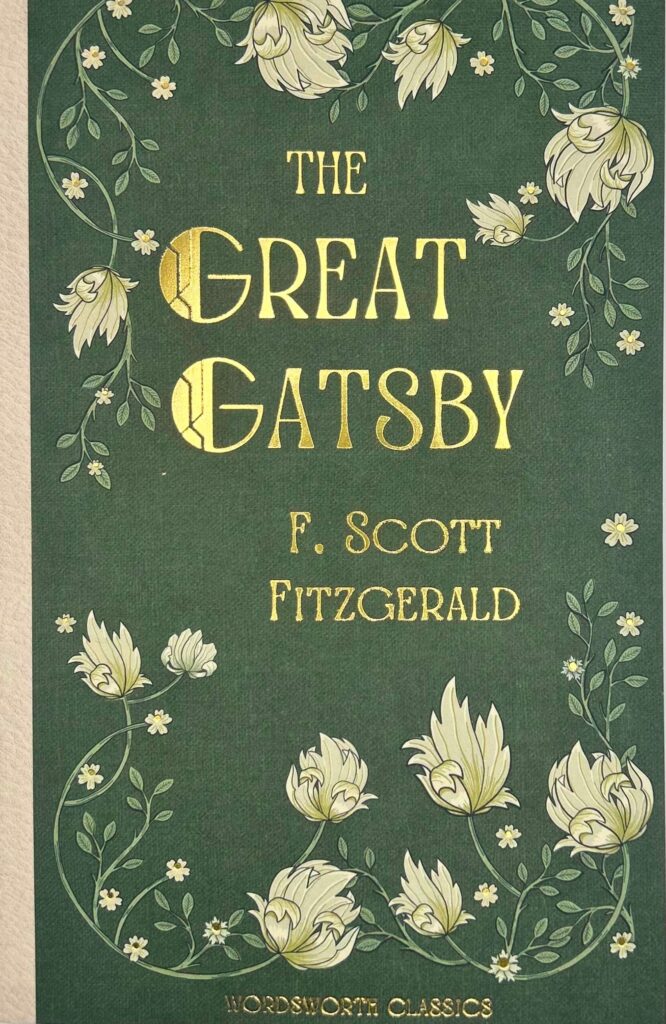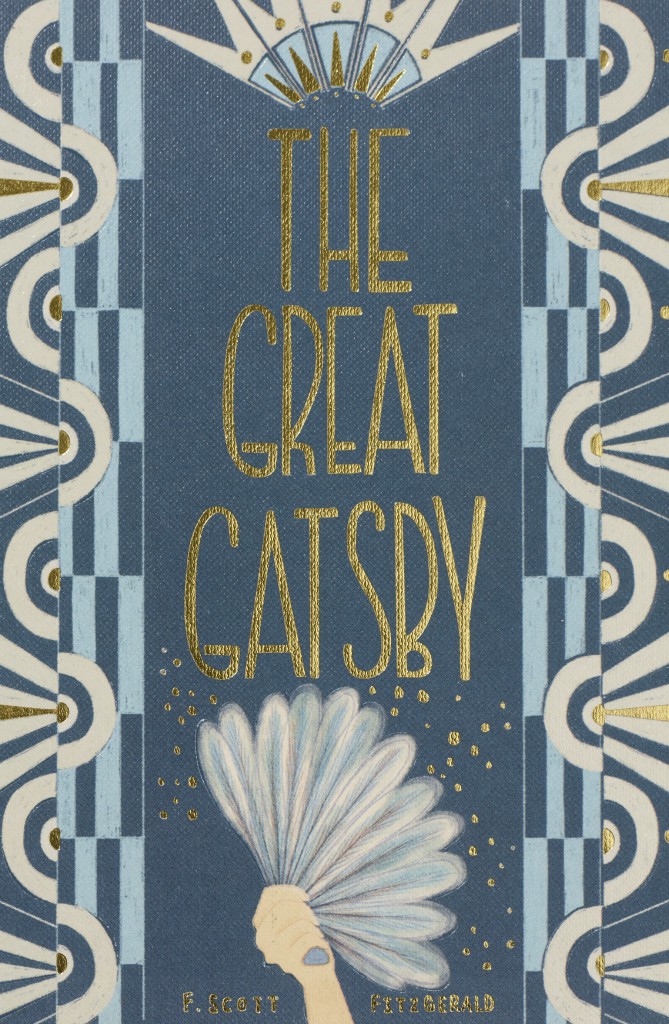
The pleasures of reading F. Scott Fitzgerald
Henry Claridge writes on the pleasures of reading F. Scott Fitzgerald.
A pupil at a school where I recently gave a talk about Fitzgerald asked me a difficult question: Did I think The Great Gatsby would become ‘out-of-date’? My initial answer was the obvious one: ‘I don’t know.’ My next answer was more along the lines of an intelligent guess: ‘Well, Gatsby now is nearly a century old and yet re-reading it the world it evokes remains very modern: people drive cars, read newspapers and magazines, go to the cinema, listen to pop songs, go shopping, use kitchen gadgets, play golf, and more.’ This familiarity helps us ‘feel ourselves’ into the characters of the novel and thus to respond appropriately to the unfolding drama.
Criticism, of course, particularly academic criticism, often seeks to attach importance to works of fiction, most obviously to make them expressions of the ‘national character’, or to see them as offering significant social, historical, or political commentary, and The Great Gatsby, above all of Fitzgerald’s works, has suffered this fate. But for the reader, however, who goes to fiction for entertainment and diversion the ‘importance’ that may attach to a work is a relatively minor, or ‘second order’ matter. The pleasure we take in fiction derives from the story (or plot), the characters, the sequence of events (and with it the elements of surprise and suspense, the expected as much as the unexpected), the admixture of the comic and the tragic, the patterns and rhythms of the narrative, the juxtapositions of description, commentary and dialogue, the felicitous phrasing that in a few words evokes a mood or a sensation or a sentiment or a discovery. When we reflect on what we have read we are struck by what Willa Cather (whom Fitzgerald admired) called ‘remembered pictures’. The orchestra at the first party at Gatsby’s house that Nick attends plays ‘yellow cocktail music’; the reader joins Gatsby’s guests in speculating about who he might be (he’s ‘a bootlegger’, ‘he killed a man who found out he was a nephew to Von Hindenburg’; ‘he’s an Oggsford man’). As they search for their host, Nick and Jordan Baker wander around Gatsby’s house and find themselves in ‘a high Gothic library, panelled with carved English oak’ where a ‘middle-aged man, with enormous owl-eyed spectacles’ exclaims his astonishment at finding that the books are real: ‘Absolutely real – have pages and everything. I thought they’d be nice durable cardboard’. Fitzgerald does not forget his unnamed bespectacled intruder, but the comedy of this early scene gives way to pathos when he reappears amongst that small group of people in attendance at Gatsby’s funeral in the last chapter of the novel.
In chapter IV as Gatsby drives Nick Carraway into New York for lunch with Meyer Wolfshiem they cross Blackwell’s Island and a limousine passes them ‘driven by a white chauffeur, in which sat three modish negroes, two bucks and a girl. I laughed aloud [Nick writes] as the yolks of their eyeballs rolled toward us in haughty rivalry.’ The ‘two bucks’ and the girl are off, no doubt, to one of the Long Island beaches for the afternoon, and what the reader is arrested by here is not merely the skill in the evocation of the brightness (and proximity) of their eyes but the ease with which a whole social world is evoked, for these are the newly prosperous black Americans of which New York had a significant number in the early 1920s and the ‘haughty rivalry’ says ‘Look, we’ve made it too!’ Later the patterning to which I referred above strikes a more sombre note in The Great Gatsby: Myrtle Wilson’s left breast is severed in the accident that kills her outside her husband’s garage and at the very end of the novel Nick reflects on the ‘fresh, green breast of the new world’ that he imagines greeted Dutch sailors’ eyes as they looked at the land that was to become the New Netherland. We can look elsewhere in Fitzgerald for qualities such as these, for example, the way in which the narrator of The Last Tycoon, Cecilia Brady, reveals the mysteriousness of the central character, Monroe Stahr, a man who works so hard that night and day is a matter of indifference to him, or the poignant simplicity with which Fitzgerald describes Charlie Wales returning to Paris after eighteen months absence in ‘Babylon Revisited’, only to find that everything has changed and that gaiety and extravagance have led to loneliness. It is hard to dispute the claim that Fitzgerald’s works are ‘important’ but it is not hard to show that the pleasure we take in reading him does not only lie there.
Henry Claridge, School of English, University of Kent, Canterbury
Image: Statue of F. Scott Fitzgerald in Rice Park, St. Paul, Minnesota Credit: Greg Ryan / Alamy Stock Photo
Books associated with this article

The Great Gatsby
F. Scott Fitzgerald
